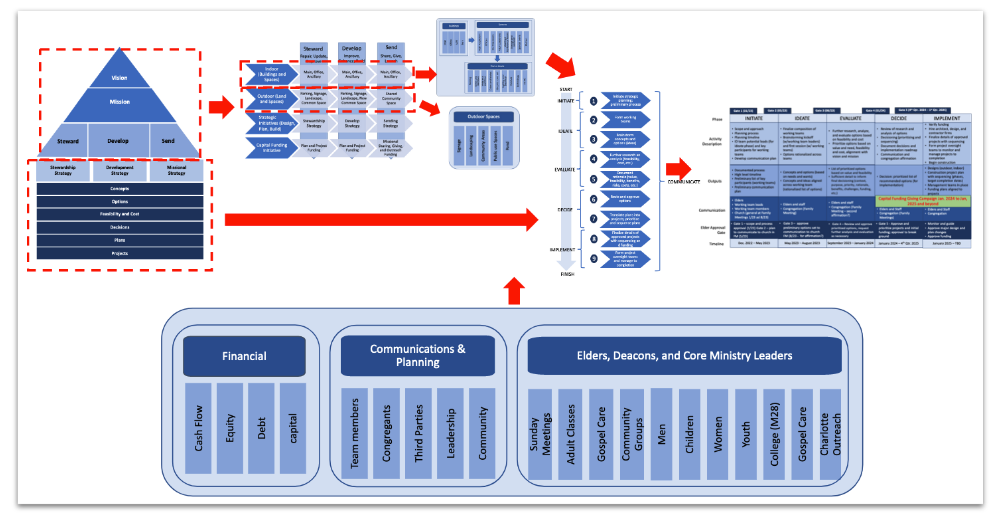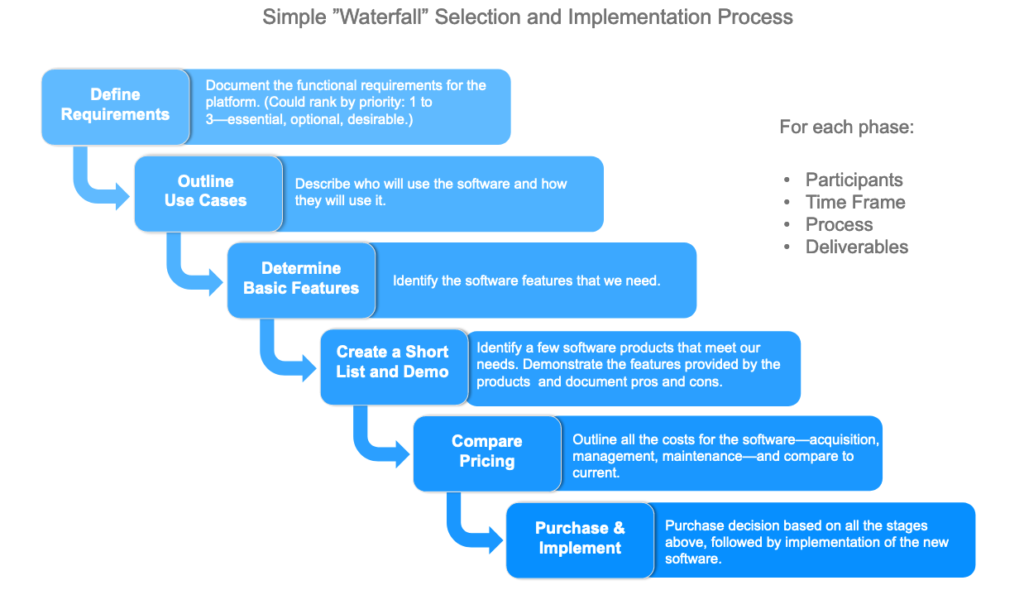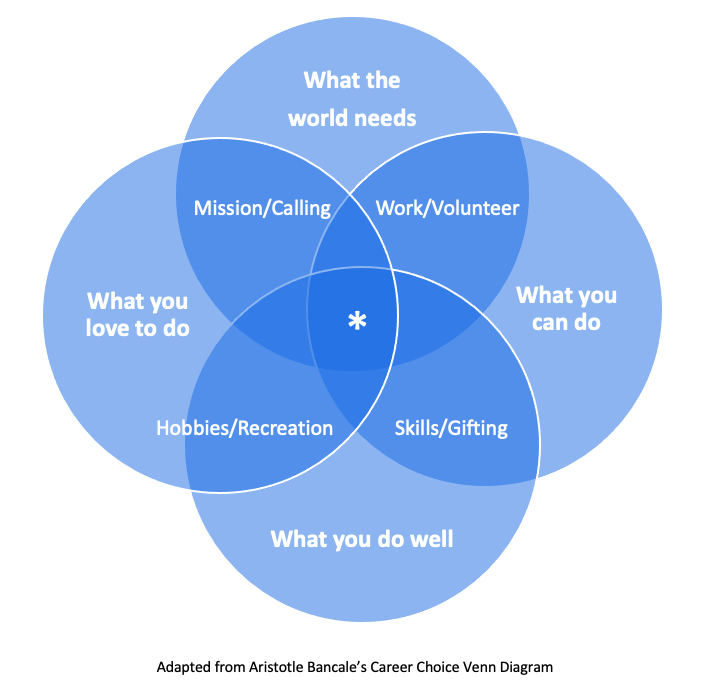
Did the title of this article (or the image above) surprise you? Perhaps you think I may have rejoined the workforce in a full or part-time paid position?
Well, that’s not the case, and I’ll explain later in this article.
But before I go there, you may be surprised to know that, according to a recent survey by Paychex, one in six U.S. retirees is considering a return to the workforce, with most citing either personal or financial reasons as the driving force:
Among those we surveyed, one in six retirees are considering returning to work after being out of the workforce for an average of four years. . . With so many preferring to work from home these days, it’s no surprise that more than half of our retired respondents would look for remote work (53%), 27% want a hybrid situation, and only 20% would seek an office job.
The report also reported that 65% of respondents want full-time work, while 35% want to work part-time.
Another study from the Federal Reserve Board found that about one-third of retirees eventually return to either full or part-time work.
That study said, not surprisingly, that the exact percentages vary by income level. But what was surprising about the stats was that the highest percentage (about 35%) are in the lowest and highest income groups. The rest were in the middle tiers.
The study looked at many factors that may contribute to a return to work, including why they stopped working initially and whether or not they reported “liking” retirement:
We suspect that the retirees either do not think of retirement as the state of no longer working or they find that, unexpectedly, they do not like not working and would rather return to work.
Many people who return to work after retirement just need to get over some degree of burnout from the job. However, the study found that the motivation to work after retirement may depend on income levels:
People in the lowest income percentile usually return to work because they need more income. People in the highest income percentile might not need the income, but it seems that they want to take advantage of their skills and the opportunity to make money.
Clearly, retirees return to work for a variety of reasons. And I suspect many who return to work don’t do it just to have more income in retirement; they just like working and miss it. Perhaps retirement took them out of a particularly challenging work environment, and now they’re free to go elsewhere.
Why work?
While the culture tends to view work as drudgery, something to be endured only as long as necessary to retire, Christians should have a different perspective.
In Jeff Haagen’s book, An Uncommon Guide to Retirement, he wrote the following:
Ancient Christians and Hebrews believed work is inherently good and a way we reflect the image of God. In Genesis, God’s creative activity is called work. “By the seventh day God had finished the work he had been doing,” and then He pauses to evaluate what He’s done and calls it good (2:2–3). When God creates humanity, He also gives them work to do as a way of reflecting His own character. Gardening (manual labor) and naming the animals (intellectual labor) were part of an original, unstained world (Gen. 2:15, 19).
I especially like the last part of that paragraph where he quotes Dorothy Sayers:
Work “should be the full expression of the worker’s faculties, the thing in which he finds spiritual, mental, and bodily satisfaction, and the medium in which he offers himself to God,”
Not all jobs intrinsically offer “spiritual, mental, and bodily satisfaction.” Some can be monotonous, difficult, and challenging for any number of reasons, not the least of which is that all work is done in a fallen world with fallen and broken people.
Perhaps that’s why Haagen (quoting Sayers) said it “should be the full expression of the worker’s faculties” and why the Paychex survey I cited above found that,
About 57% of the respondents who want to return to work cited “personal reasons” as one of the factors, while 53% cited “financial reasons” as a driving force for wanting to return to work. In addition, 52% cited boredom as a motivator for wanting to return to the workforce, while 43% of respondents cited inflation. Another 43% noted loneliness as a reason for wanting to go back to work.
That being said, it’s likely that the current high-inflation environment is causing some workers to both delay their retirement plans or return to the workforce if already retired due to the need to cover the rising cost of living.
I work
I started this article with a “teaser” about returning to work, so now I’ll explain.
I’ve been an unpaid support staff member at my church for the last couple of years. Because I also serve as a deacon, I get involved in many different things to assist our pastors and regular support staff and to serve our congregation and the community.
In other words, I work (part-time).
But recently, our church has kicked off some large initiatives, and I am involved in ways that have allowed me to leverage my past professional skills in significant ways. I’ve also been working many more hours than I was (but still part-time). This has all made me sometimes feel like I’m “back at work.”
Happily, I can still take a day off for a hike or other fun activities. For example, I recently took my 8-year-old grandson on a hike in the Dupont State Forest near Hendersonville, NC, during his spring break—he seems to enjoy hiking, and we have taken quite a few in the NC mountains in the last couple of years:

I’m very grateful to be able to use my skills and experience to help our pastors put together a strategic planning framework and process focused on developing a long-term plan for how to optimize the property and building God has given us for ministry and mission. We started this in late 2019 but had to suspend work due to the pandemic. Here’s a high-level view of the framework:

The plan has three key focus areas (the pyramid in the upper left of the graphic): 1) Stewardship—caring for what we have; 2) Development—expanding and enhancing our property and building for ministry; and 3) Mission—using our resources to reach our neighborhood and city and beyond. We’re currently in the ”ideas and concepts” phase.
In addition to this initiative, I’ve also been coordinating a project to evaluate my church’s “digital platform,” i.e., our church management system software, mobile app, and website. We’re currently in the “short list and demo” and “compare pricing” phases.

My background in IT has also been helpful in this project. I’ve worked with our staff, pastors, and church members to develop the relatively simple process illustrated above, document requirements, evaluate products, and set up test/trial environments. We’ve reported results and recommendations and identified some options for the future. I’ve mapped out how our current environment would functionally map to a new one to help guide a possible transition and facilitate church-wide communications.
If this all sounds like a lot of work, it is. (In addition to my church ”work,” I also spend time ”working” on this blog, but to me, this is more of a hobby than work. Plus, it’s gratifying to know that it sometimes serves others. However, if I publish new articles on this blog less often this year, you’ll understand why.)
All of this is work that I enjoy, that serves our pastors and staff, the congregation at large, my community (when I volunteer), and even you readers, most of whom I don’t even know and probably never will this side of heaven.
I’m able to do these things because God has given me a degree of knowledge and experience through the vocational work I did before I retired (IT architecture and strategy) and my experience as a financial counselor in my church (which led to my interest in “retirement stewardship” and the self-education I pursued). These are ways that I can apply 1 Peter 4:10-11 in my church context:
As each has received a gift, use it to serve one another as good stewards of God’s varied grace: whoever speaks, as one who speaks oracles of God; whoever serves, as one who serves by the strength that God supplies—in order that in everything God may be glorified through Jesus Christ. To him belong glory and dominion forever and ever. Amen. (ESV)
Some questions
You may be wondering where I’m going with all of this. I hope you know I’m not trying to impress you with my “work ethic” or my exceptional skills (they are pretty ordinary, I assure you). Nor do I want you to be impressed by my desire to serve—everything I do is because of, and through, God’s grace.
I don’t want to boast about what I do but rather about what Christ has done for me in giving me the privilege of serving his church in these ways. To paraphrase 1 Cor. 29-31, none of us should boast in our gifts or deeds; instead, because we are in Christ, who is our wisdom, righteousness, and redemption, we boast in the Lord. He is the one who has saved us and given us the gifts and resources to do what he calls us to do (Rom. 12:6a).
Therefore, I want to encourage you to think about your situation and try to answer these questions:
- If you’re not yet retired, or even if you are, what knowledge, skills, and experience do you have that you could use to serve others (your church, community, etc.)?
- If you don’t see an avenue to use your gifts this way, how can you find one?
Concerning #2, I suggest you start exploring and identifying some possibilities. Meet with a pastor or deacon in your church. Talk with other retirees in your church. Learn more about finding your purpose and calling in retirement. You could check out my book, Reimagine Retirement: Planning and Living for the Glory of God.
I have used this “finding your sweet spot in retirement” Venn diagram before to help others think through this:

You can also check out these articles I have published on this topic that might be helpful and encouraging. They’re listed from newest to oldest:
The Ordinary Christian Life in Retirement
Living the ”Good Life” in Retirement
There’s More to Retirement Stewardship Than Getting the Numbers Right
Better Retirement Investments Than Money
What it Means to Retirement With Dignity
Finding Your Calling in Retirement
Some Thoughts on Saving Retirement
I Took a Vacation From Retirement
The Retirement ”Identify Crisis”—a Biblical Perspective
Now That You’re Retired, What do You do All Day?
Finding Balance in Retirement Stewardship
The High Calling of Retirement Stewardship
The 8 Questions I Need to Answer Before I Retire
Boats, Seashells, Softball, and Retirement Stewardship
Is an Early Retirement Good Stewardship?
What is Retirement Stewardship?
What is Our Greatest Risk in Retirement?
What Will You Do When You Retire?
Have to work?
I don’t tell anyone that they should or should not retire. Nor is it my place to tell anyone they must “work” in retirement. However, I think the happiest retirees—those with the most rewarding and God-glorifying retirements—will be those who find ways to contribute to the good of others and the furtherance of God’s Kingdom using the gifts that God has given them while enjoying the other blessings of retirement.
Plus, that seems to be the model or the Christian we see in Scripture, whether retired or not.
